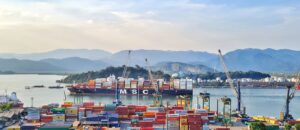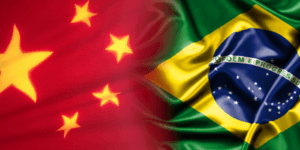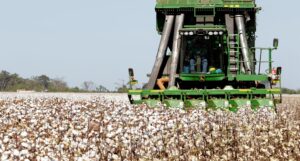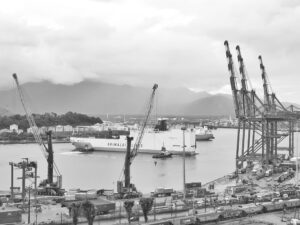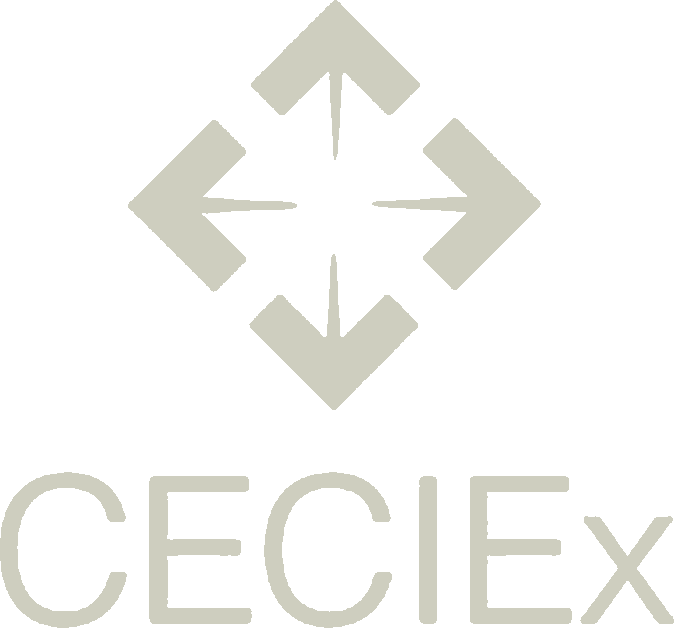All US ethanol imports into Brazil now face a 20% tariff, following the expiration Dec. 14 of a Brazilian quota allowing for tariff-free imports of 187,500 cu m of US product.
Market participants were not expecting a second renewal of the quota market, issued Sept. 14, mainly due to the new international political scenario and uncertainties about an extension of the Brazilian sugar quota into US, an old request from the Brazilian Northeast producers.
Although Brazilian fuel demand was strongly hampered by the coronavirus pandemic, anhydrous ethanol domestic supply and imports were also reduced over the year, creating a need for imports to meet estimated demand in the first quarter of 2021.
If Otto cycle demand in the first quarter is 0.4% higher on year, S&P Global Platts analytics estimates that 210 million liters will need to enter Brazil to meet demand. From November 2020 to March 2021, the import need was lowered 27% from a previous estimate of 400 million liters to 291 million liters. Most of this drop in the import requirements are the results of cane ethanol producers in the Center-South, who shifted more cane towards anhydrous ethanol production instead of hydrous.
Anhydrous ethanol is used in Brazil at a mandatory blending level of 27% in gasoline, while hydrous is the Brazil’s E100 standalone biofuel.
In November, sugarcane-based anhydrous production totaled 783 million liters, the highest production level for the month since 2016, while corn anhydrous ethanol production added 71 million liters, 100% higher on year.
Domestic producers cut Brazil’s international exposure for anhydrous by converting hydrous into it. In just the last 15 days of November 176 million liters of hydrous ethanol were converted into anhydrous
Despite the import quota extension from Sept. 14 to Dec. 14, under which the 187,500 cu m could enter the quota free of 20% import tax, the most recent official import data shows that from Sept. 1 to Nov. 30 just 58,000 cu m entered the country, or just 31% of the total quota within the period.
The lack of imports were mostly attributed to the demand uncertainties and steep depreciation of the Brazilian real against the US dollar, which capped the import arbitrage even for the quota market.
According to S&P Global Platts calculations, the import arbitrage remained closed, within the quota market, from April to August, when a small window opened to import anhydrous from US into the North-Northeast. The arbitrage started to encourage importers just in November, when the Platts anhydrous DAP Suape assessment reached the Real 3.00/liter level and US imports free of tax could land at under Real 2.80/liter.
The main game changer that can start to encourage further imports has been the currently appreciation the Real against the US dollar, which rose to Real 5.1093/$1 on Dec. 14 from from Real 5.4321/$1 in Nov. 16.
Platts calculated US anhydrous ethanol delivered Suape port, including nationalization costs, 20% import tariff and PIS/Cofins at Real 2,998/cu m, or Real 48/cu m higher than the latest Platts anhydrous DAP Suape assessment, published on Dec. 11. The calculation excluding the 20% import tariff would drop to Real 2,546/cu m.
Importers were not willing to take the risk to import out of the money, meaning that no one will take a long position in US anhydrous ethanol to supply the Brazilian market in the current scenario of closed arbitrage. This is supportive for NNE producers, who should not see high volumes entering the region in the upcoming months.
SOURCE: Hellenic Shipping News


